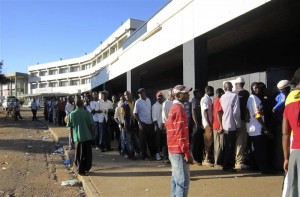
By Isaac Esipisu
The continents’ newest and second Africa’s female president took over the reins of power in Malawi to offer a new and more responsive style of leadership that is expected to spur economic recovery of one of Africa’s poorest nation. Joyce Banda was sworn in as president two days after President Bingu wa Mutharika died of heart attack at 78.
The new president, Joyce Banda started her presidency in an enthusiastic and robust way; mending ties with foreign donors that could see Malawi pull out of an economic crisis. The new president of Zambia , Michael Sata, is making the transition easier, contributing 5 million litres of petrol that should help the economy. Banda, a 61-year-old policeman’s daughter who won recognition for championing the education of underprivileged girls, now enjoys widespread support among a population whose lives grew increasingly difficult under Mutharika
Mutharika, a former World Bank economist, also got off to a good start in 2004. Malawi was at the time the darling of international donors. Programmes to subsidize fertilizer and provide seeds to farmers created an economic revival that made it one of the world’s fastest growing economies. But his fortunes turned dramatically and upon his death many Malawians were openly celebrating his passing.
In 2005 the country declared a national disaster as more than five million people were in need of food aid because of widespread shortages due to bad harvests. However, three years later the country produced a bumper harvest, turning it into the breadbasket of the region, mainly because of the success of Mutharika’s fertiliser and seed subsidy programme.
But under his leadership Malawi was at odds with its traditionally largest donor, Britain , following a decision by the government about a year ago to expel the British High Commissioner after he accused Mutharika for “increasingly becoming dictatorial” in a leaked diplomatic telegram. There were nationwide protests against Mutharika’s rule in July 2011 as Malawians personally blamed him for the country’s economic woes and the persistent fuel and foreign exchange shortages. Mutharika was criticized for calling in the police to quell the protests, which resulted in 20 deaths, as he vowed to crush the rebellion against him.
Malawi’s donor relations suffered greatly following accusations that the southern African country has failed to respect the human rights of lesbian, gay, bisexual and transgender people and the right to freedom of the press. Donors had refused to release up to $400 million and the United States suspended a $350 million energy grant.
The currency crisis caused queues for petrol and doubled the price of essentials for the typical Malawian, who struggles to get by on less than a dollar a day. Mutharika made things worse by telling donors they could go to hell and proposing a “zero deficit budget” that cut spending and raised taxes on the few firms and individuals with the money to pay them. This pushed more of the formal economy into the black market, stifled the few sectors responsible for job creation, and, combined with the loss of international support for the budget, sent the economy on a downward spiral.
Many of Malawi’s leaders started with a lot of promise but the trappings of power corrupted them to such an extent that they forgot the source of their power and become gods who brooked no advice, let alone criticism, regardless of whether it is constructive or not. And after the false dawns of Mutharika’s regime, Malawians will be forgiven for reserving their judgment until much later.
And it would be too simplistic to think that Malawi ’s problems have ended with the death of President Bingu wa Mutharika. But on the other hand it is an opportunity for the newly appointed President to step up and offer a new and more responsive style of leadership. The country’s failing economy, and the fuel and foreign exchange shortages saw unprecedented nationwide protests against Mutharika and if the new president can address these issues, then Malawi will surely get back to economic recovery.
But do you think President Joyce Banda will sustain her promise and lead Malawi to economic recovery? Is Joyce Banda the answer to Malawi ’s problems? How do you think she will be able to handle both economic and political issues in Malawi ?

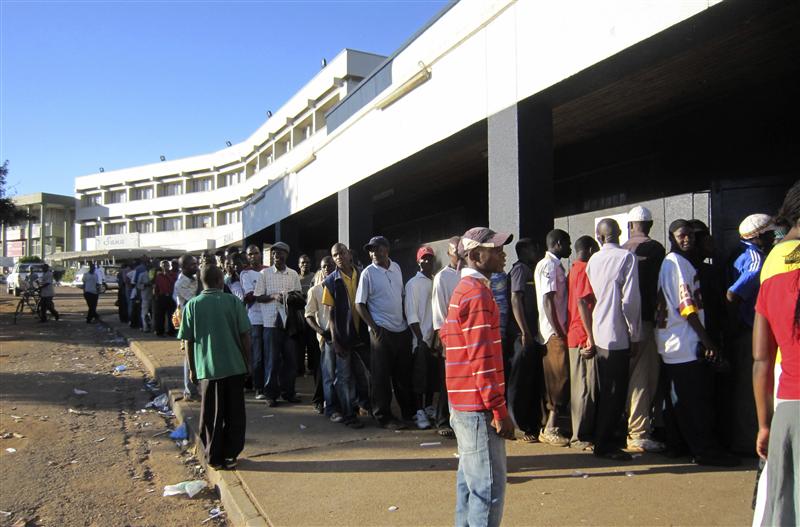
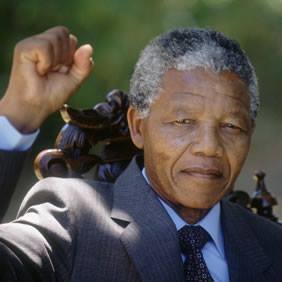
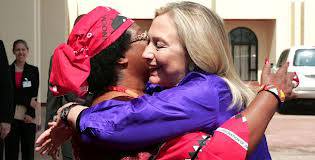
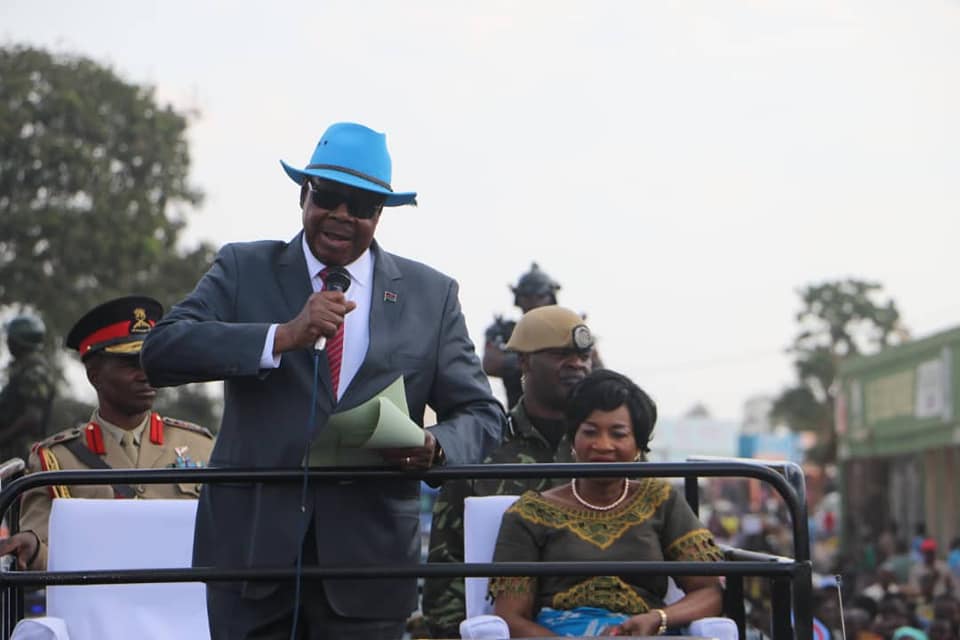
No comments! Be the first commenter?